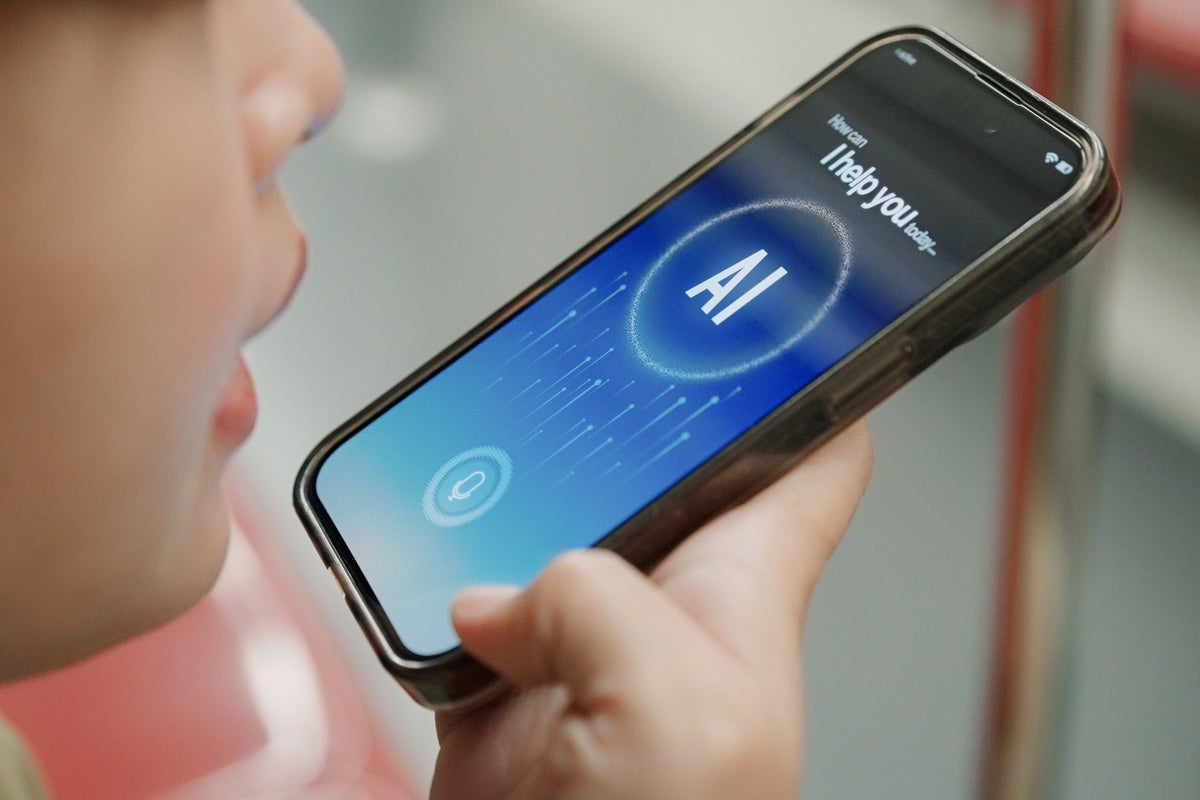
"Artificial intelligence chatbots don't judge. Tell them the most private, vulnerable details of your life, and most of them will validate you and may even provide advice."
"In late July OpenAI CEO Sam Altman warned ChatGPT users against using the chatbot as a therapist because of privacy concerns."
"The American Psychological Association (APA) has called on the Federal Trade Commission to investigate deceptive practices that the APA claims AI chatbot companies are using by passing themselves off as trained mental health providers."
"C. Vaile Wright noted the sophistication of AI technology has increased tremendously over the past year, expressing concern about people falling into reliance on these systems."
AI chatbots provide validation and advice but raise significant risks regarding privacy. OpenAI's CEO cautioned against using ChatGPT for therapy, highlighting privacy concerns. The American Psychological Association has urged the Federal Trade Commission to investigate deceptive practices where AI chatbots present themselves as trained mental health providers. Ongoing lawsuits involve claims of harm to children from these interactions. Clinical expert C. Vaile Wright noted the impressive advancements in AI technology over recent months, raising alarm about dependency on such systems for mental health care.
Read at www.scientificamerican.com
Unable to calculate read time
Collection
[
|
...
]